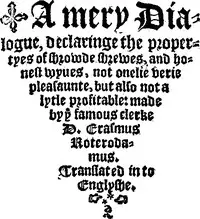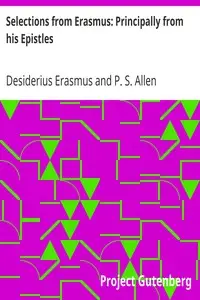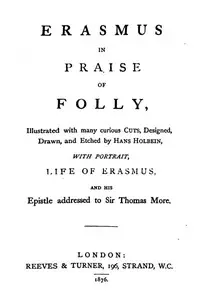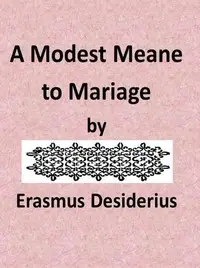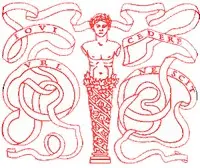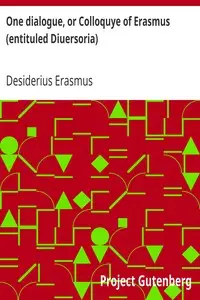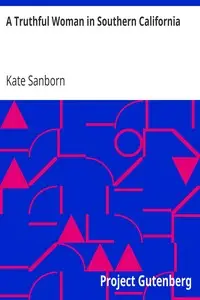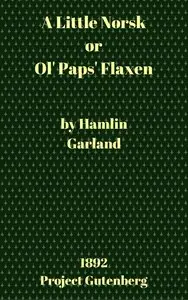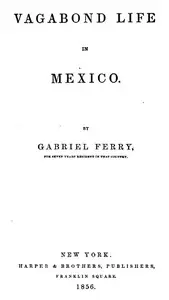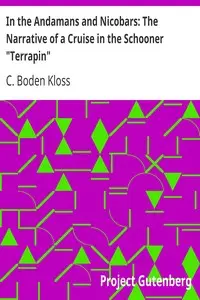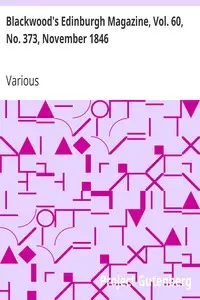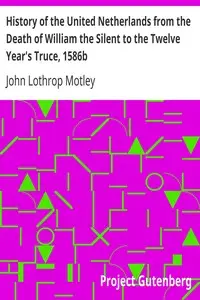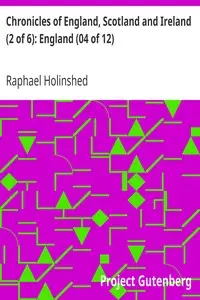"The Education of Children" by Desiderius Erasmus is a philosophical treatise written in the early 16th century. The text emphasizes the significance of nurturing children in virtue and learning from an early age, advocating for a thoughtful and comprehensive approach to education and upbringing. As one of the most renowned figures of the Renaissance, Erasmus reflects on the moral and intellectual development of children, addressing both parents and educators on their responsibilities. The opening of the work establishes a foundational argument for the careful schooling of young children, emphasizing that early education is crucial in shaping their character and intellect. Erasmus argues against the common belief that childhood is too immature for serious learning, insisting instead that the malleable mind of a child is highly receptive and should be cultivated immediately with the right teachings. He encourages parents to be diligent in selecting suitable educators while also engaging in their children's education themselves, stating that the cultivation of both body and mind is paramount in creating virtuous and capable individuals. Through various analogies, including comparisons to animals and the cultivation of plants, Erasmus illustrates that early and effective education lays the groundwork for a fruitful life, ultimately benefiting both families and society. (This is an automatically generated summary.)
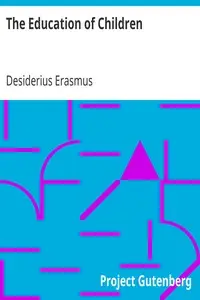
The Education of Children
By Desiderius Erasmus
"The Education of Children" by Desiderius Erasmus is a philosophical treatise written in the early 16th century. The text emphasizes the significance ...
Genres
Released
2009-03-16
Formats
mobi
mobi (images)
epub
epub (images)
epub3 (images)
Free Download
Overview
About the Author
Desiderius Erasmus Roterodamus, commonly known in English as Erasmus of Rotterdam or simply Erasmus, was a Dutch Christian humanist, Catholic priest and theologian, educationalist, satirist, and philosopher. Through his vast number of translations, books, essays, prayers and letters, he is considered one of the most influential thinkers of the Northern Renaissance and one of the major figures of Dutch and Western culture.
Total Reviews
10.0k
Total reviews from Goodreads may change

